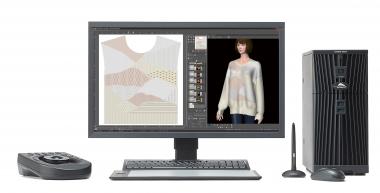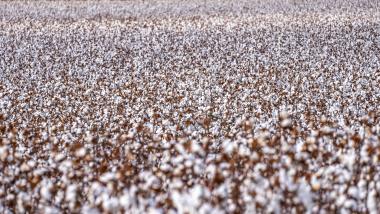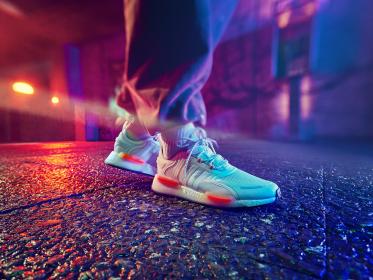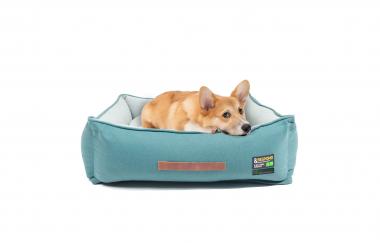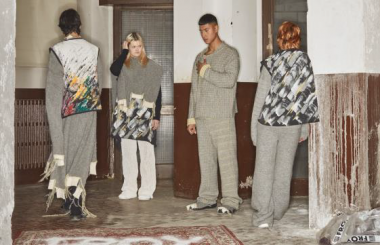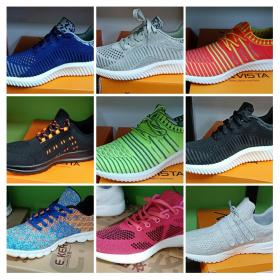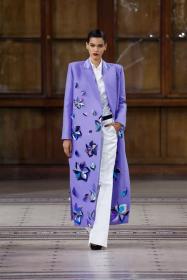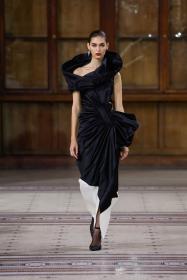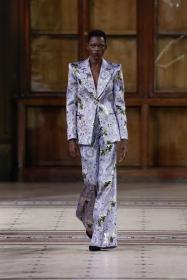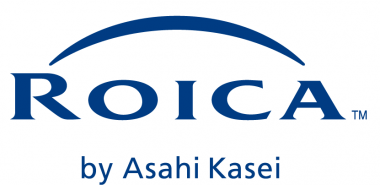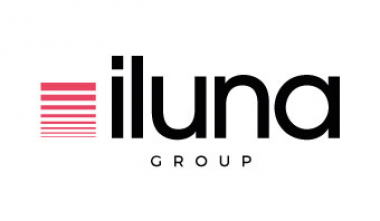NCTO: U.S. Educational Institutions partner with Honduran University to educate Students for Textile Jobs
North Carolina educational institutions are joining forces with an Honduran university to educate and train thousands of students for the next generation textile workforce to meet a rising tide of nearshoring and onshoring in Honduras, Central America and the United States.
The U.S. Department of State issued a statement of public support for the MOU and the unique collaboration between the U.S. and Honduran institutions.
The initiative will launch a series of educational workforce development programs, ranging from training and certificate programs to undergraduate and graduate degrees, in textile-related areas of study.
The partnership comes at a defining moment for the U.S., Honduras and Central America, which are seeing historical levels of investment in textile and apparel production stemming from a global supply chain crisis that has driven a significant shift in sourcing out of Asia to the U.S. and the region. Nearly $1 billion of historic textile and apparel investment is anticipated in the U.S. and Central America this year alone. And this partnership also creates an educational pathway to economic opportunity in Honduras and the region that not only creates a skilled and resilient workforce but can also help to address the root causes of irregular migration.
Current growth projections indicate a need for more than 10,000 new skilled workers in the textile industry in Honduras alone over the next five years.
The U.S. and this region are inextricably linked through a textile and apparel co-production chain under the U.S.-Central America-Dominican Republic Free Trade Agreement (CAFTA-DR) that has generated $12.6 billion in annual two-way trade in the sector and supports 1 million workers in the U.S. and the region.
North Carolina plays a central role in this co-production chain. It is the second largest state for textile employment nationally with over 36,000 workers, and the state’s $2.7 billion in textile-related exports leads the nation. The Northern Triangle, including Honduras, is a major export destination for U.S. yarns and fabrics that come back as finished items under the U.S.-CAFTA-DR trade agreement.
NCTO








